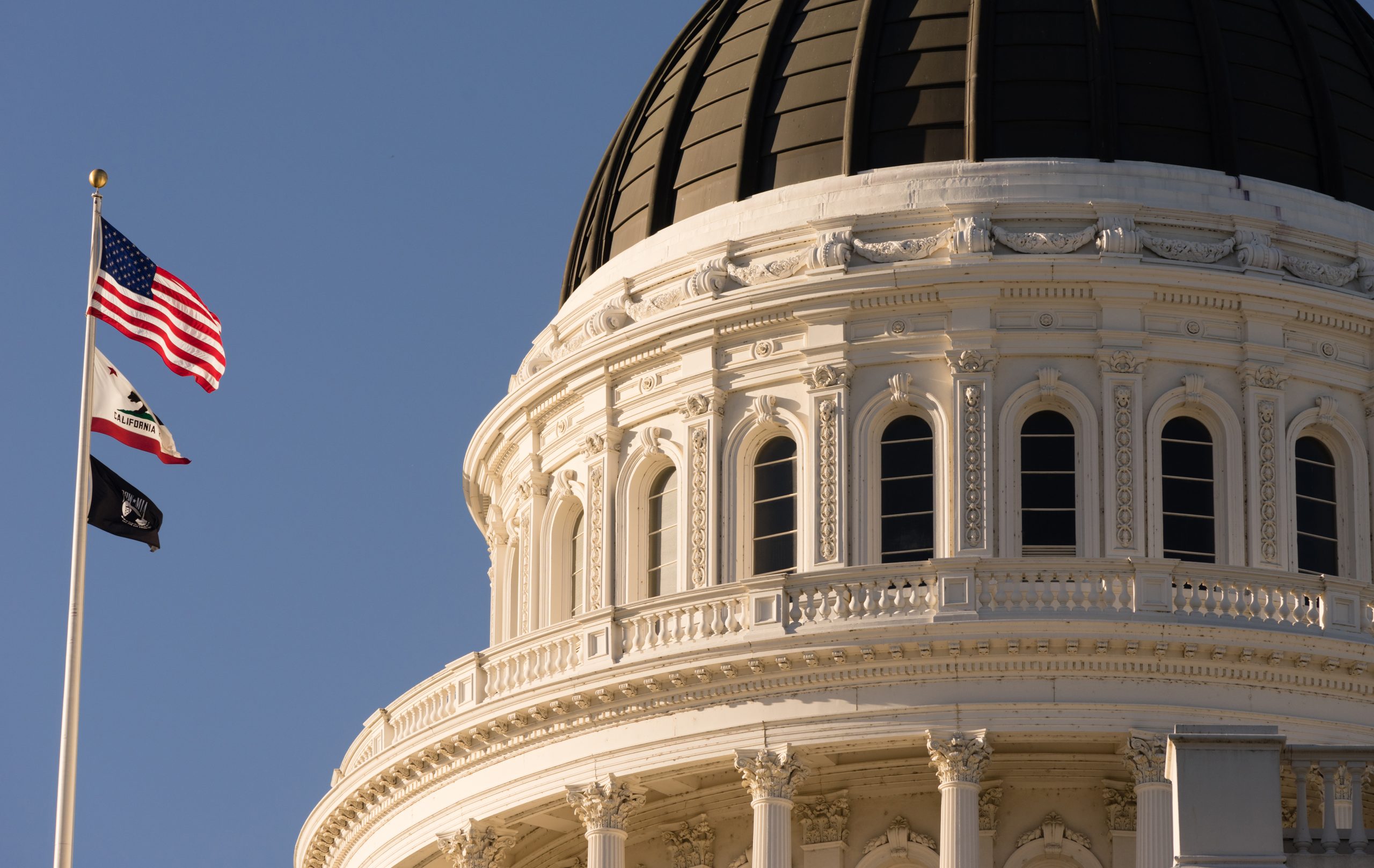The start of another legislative session is upon us. Last week at the outset of the 2021-2022 legislative session, several bills impacting housing production were introduced. Some are similar to bills that weren’t passed last year. Below are four bills to watch as they wind through the Legislature.
SB9 (Atkins, Caballero, Rubio, Wiener)
SB9 is a refresh of SB1120 from last session that would allow duplexes on most lots. SB9 requires cities to ministerially permit, i.e., without CEQA review or other discretionary reviews or hearings, two-unit development projects in single-family zoning districts. It would also allow single-family parcels to be subdivided into two lots if the parcel is located within an urbanized area or urbanized cluster and is: (i) not located within a historic district, (ii) not included in the State Historic Resources Inventory, or (iii) not within a site that is designated or listed as a city or county landmark/historic property/district.
SB1120 cleared the Assembly with only minutes left in the session, leaving too little time for it to return to the Senate for passage, which makes this year’s SB9 a bill to closely watch.
SB10 (Wiener)
Senator Wiener’s SB10 is a refresh of SB902 from last session that would allow—but not require—local governments to upzone qualified parcels for up to ten-unit apartment buildings. The allowance for streamlined upzoning would only apply in urbanized locations close to job-rich areas, which are defined as areas rich with jobs or would enable shorter commute distances, and/or transit rich areas, which are defined as areas within half a mile of a major transit stop. While SB10 creates a shortcut for upzoning, it does not provide for streamlined project approvals, i.e., projects within upzoned areas would remain subject to CEQA and other local approval processes. SB10 requires the Department of Housing and Community Development, in consultation with the Office of Planning and Research, to determine jobs-rich areas and publish a map of those areas by January 1, 2022.
SB30 (Cortese)
Senator Cortese’s SB30 would prohibit after January 1, 2022, the construction of a state building connected to the natural gas grid and prohibit state funding or other support for construction of residential and nonresidential buildings that are connected to the natural gas grid.
SB6 (Caballero, Eggman, Rubio)
SB6 is a second attempt to pass the Neighborhoods Homes Act that would override local prohibitions on residential uses on properties (no size limit) within any commercial zone, except where office uses and retail uses are not permitted or only permitted as an accessory use, that is not adjacent to an industrial use. Densities allowed fall into the range from 15 dwelling units/acre in rural areas to 30 dwelling units/acre in highly urbanized areas, with suburban areas allowing at least 20 dwelling units/acre. Housing development projects would still be subject to local zoning and parking controls, objective design review and permitting processes, and CEQA would be applicable. Projects taking advantage of the Neighborhoods Homes Act would be required to pay prevailing wages or use skilled and trained labor.
Authored by Reuben, Junius & Rose, LLP Attorney Justin A. Zucker.
The issues discussed in this update are not intended to be legal advice and no attorney-client relationship is established with the recipient. Readers should consult with legal counsel before relying on any of the information contained herein. Reuben, Junius & Rose, LLP is a full service real estate law firm. We specialize in land use, development and entitlement law. We also provide a wide range of transactional services, including leasing, acquisitions and sales, formation of limited liability companies and other entities, lending/workout assistance, subdivision and condominium work.


